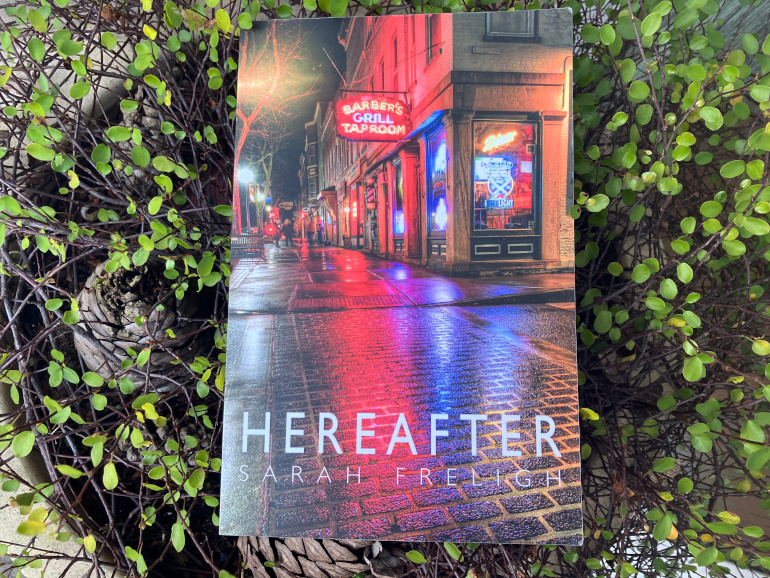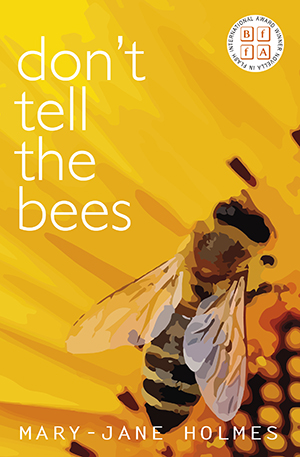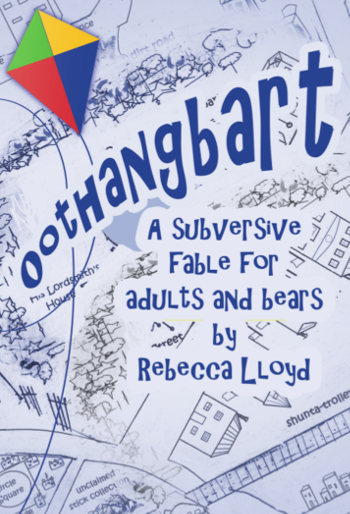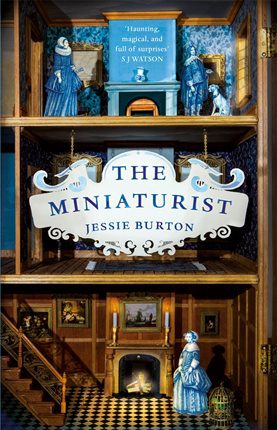 When our world has been shattered by loss, how do we carry on? Author Sarah Freligh asks this question, and countless others, in the stormy pages of her novella-in-flash.
When our world has been shattered by loss, how do we carry on? Author Sarah Freligh asks this question, and countless others, in the stormy pages of her novella-in-flash.
Protagonist Pattylee is so real that her revelations read like memoir, with a searing honesty that captures not only her devastation at losing her son Petey, but the complex, wonderful minutiae that made him the imperfect, glorious human she raised as far as she could before brain cancer claimed him.
Some passages are delicious steams of consciousness, as in the opening flash: “What She Remembers: His First Year”, a beautifully smeared blur in which she tells her son “I found you at the end of the rainbow after it stopped raining.”
Petey’s own imagination paints scenery around them, as he tells his mother he was hatched from an egg and had fought at Normandy.
From the explosive narrative of ‘Metaphors for a Tumor’ to the hush of ‘Hospice: Quiet’ where a nurse comments “We die between breaths”, the contrasts in this collection only make the words shine brighter.
Sarah is unflinching as she invites us into scenes where the bereaved Pattylee drinks to dull the pain so she can “stumble on through the night, skid into a new morning.”
The challenges of single parenthood also stand out on the page, especially in ‘Two Days Arter Your Kid Dies, You Go To Work’, garnishing sentences with “a twist of lemon”, “a ghost of vermouth”, and “plastic swords of oranges and cherries the color of fresh blood red”, providing the impression of stinging sharpness as Pattylee soldiers on (to borrow one of the book’s other recurrent metaphors) “Because you need money to buy the casket you’re paying for in instalments.”
You can taste each devastating page at the back of your throat, while shimmering colours Sarah evokes suggest the rush of life even as it drains away.
The shortness of each flash (some only a paragraph long), heightens the sense of time dashing by through Petey’s brief, vivid life and the ‘Hereafter’ of the book’s title. Throughout, with spaceships, meteor showers and Petey described as mist and glitter, there’s a sense of Petey taking flight.
Gradually, there comes a hint of healing as Pattylee finds her new version of hereafter beyond “the days and days of gray.” There’s something achingly rational about the birthday cake she bakes on what would have been Petey’s sixteenth birthday: “chocolate because she likes it, though Petey never did.”
As a portrait of parenthood, grief and humanity, this book sings, slaps and comforts by turns. The writing is clear, unfussy and distinctly unsentimental, making Pattylee’s emotional voyage utterly believable. From beginning to end, Hereafter is a story that feels necessary, relatable and real.
Hereafter by Sarah Freligh is published by Ad Hoc Fiction. Buy your copy.
This book was given to me in exchange for a fair review.


 Jeanette Sheppard’s debut flash fiction collection brims with sensitively perceived, reflective stories that creep beneath our surfaces, reminding us how drops of water can change a landscape, physically, aesthetically and psychologically.
Jeanette Sheppard’s debut flash fiction collection brims with sensitively perceived, reflective stories that creep beneath our surfaces, reminding us how drops of water can change a landscape, physically, aesthetically and psychologically. Originally written as a commission for BBC Radio 4, this spare, vivid book conjures a time when drinking water has become a rare and precious commodity.
Originally written as a commission for BBC Radio 4, this spare, vivid book conjures a time when drinking water has become a rare and precious commodity.

